Mental Health
Breadcrumb
Discover Help for Mental Health
Mental illness is a real condition that affects a person's thinking, feeling, behavior, or mood. It's also common: 1 in 5 U.S. adults report mental illness each year. Unfortunately, these conditions deeply impact day-to-day living and may also affect the ability to relate to others. The good news? It's no one's fault and it's treatable.
Help reduce the stigma often associated with mental health conditions during Mental Health Awareness Month. Help spread the word through awareness, support and advocacy activities. Share awareness information, images and graphics for #MHAM throughout May.
But any time of the year you can help you or a loved one find the resources they need.
Discover an NNLM Reading Club book and get the conversation started.
 Discover MedlinePlus
Discover MedlinePlus
MedlinePlus is a service of the National Library of Medicine, the largest biomedical library in the world. Use Medlineplus.gov anywhere, anytime, on any device - for free - to discover high-quality health and wellness information that is reliable, easy to understand, and free of advertising, in both English and Spanish.
Discover information on:
Also discover MyHeathfinder.gov to Talk with Your Doctor About Depression.
Discover NIH
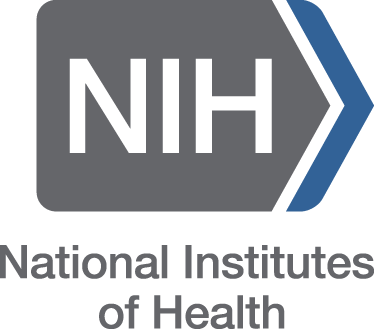 The National Institutes of Health (NIH), a part of the U.S. Department of Health and Human Services, is the nation’s medical research agency — making important discoveries that improve health and save lives. NIH is made up of 27 Institutes and Centers, each with a specific research agenda, often focusing on particular diseases or body systems.
The National Institutes of Health (NIH), a part of the U.S. Department of Health and Human Services, is the nation’s medical research agency — making important discoveries that improve health and save lives. NIH is made up of 27 Institutes and Centers, each with a specific research agenda, often focusing on particular diseases or body systems.
- The National Institute of Mental Health (NIMH) is the lead federal agency for research on mental disorders. Its website offers basic information on a wide range of mental health topics. You also can download or order a variety of brochures and fact sheets, both in English and Spanish.
- Substance Abuse and Mental Health Services (SAMHSA) leads public health efforts to advance the behavioral health of the nation. Its mission is to reduce the impact of substance abuse and mental illness on America's communities.
- MentalHealth.gov is the U.S. Department of Health & Human Services website with access to evidence-based information for a variety of mental health and behavior conditions and psychotic disorders.
- The National Alliance on Mental Illness (NAMI) is an organization dedicated to building better lives for the millions of Americans affected by mental illness. Use the NAMI Fact Sheet Library to share Infographics or ready-made social media messages.
Discover More
Fact Sheets
- 5 Action Steps for Helping Someone in Emotional Pain
- Fact Sheet: Early Warning Signs of Psychosis
- Taking Charge of Your Mental Health
Websites
Race, Ethnicity and Community
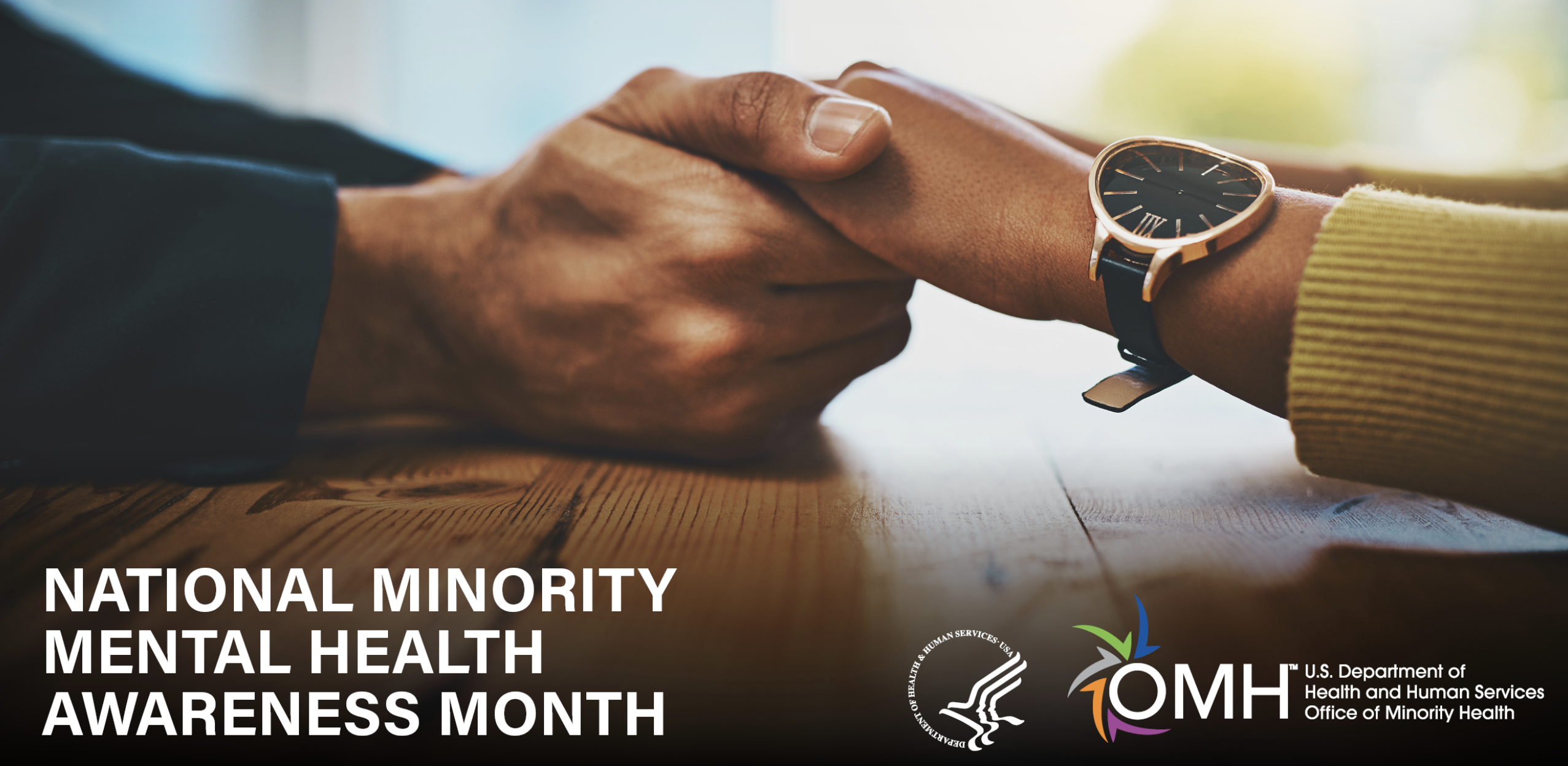 The Agency for Healthcare Research and Quality (AHRQ) reports that racial and ethnic minority groups in the U.S. are less likely to have access to mental health services, less likely to use community mental health services, more likely to use emergency departments, and more likely to receive lower-quality care. Poor mental health care access and quality contribute to poor mental health outcomes, including suicide, among racial and ethnic minority populations.
The Agency for Healthcare Research and Quality (AHRQ) reports that racial and ethnic minority groups in the U.S. are less likely to have access to mental health services, less likely to use community mental health services, more likely to use emergency departments, and more likely to receive lower-quality care. Poor mental health care access and quality contribute to poor mental health outcomes, including suicide, among racial and ethnic minority populations.
The Office of Minority Health (OMH) is dedicated to improving the health of racial and ethnic minority populations through the development of health policies and programs that will help eliminate health disparities. Share their resources and publications to raise awareness during National Minority Mental Health Awareness in July or anytime during the year.
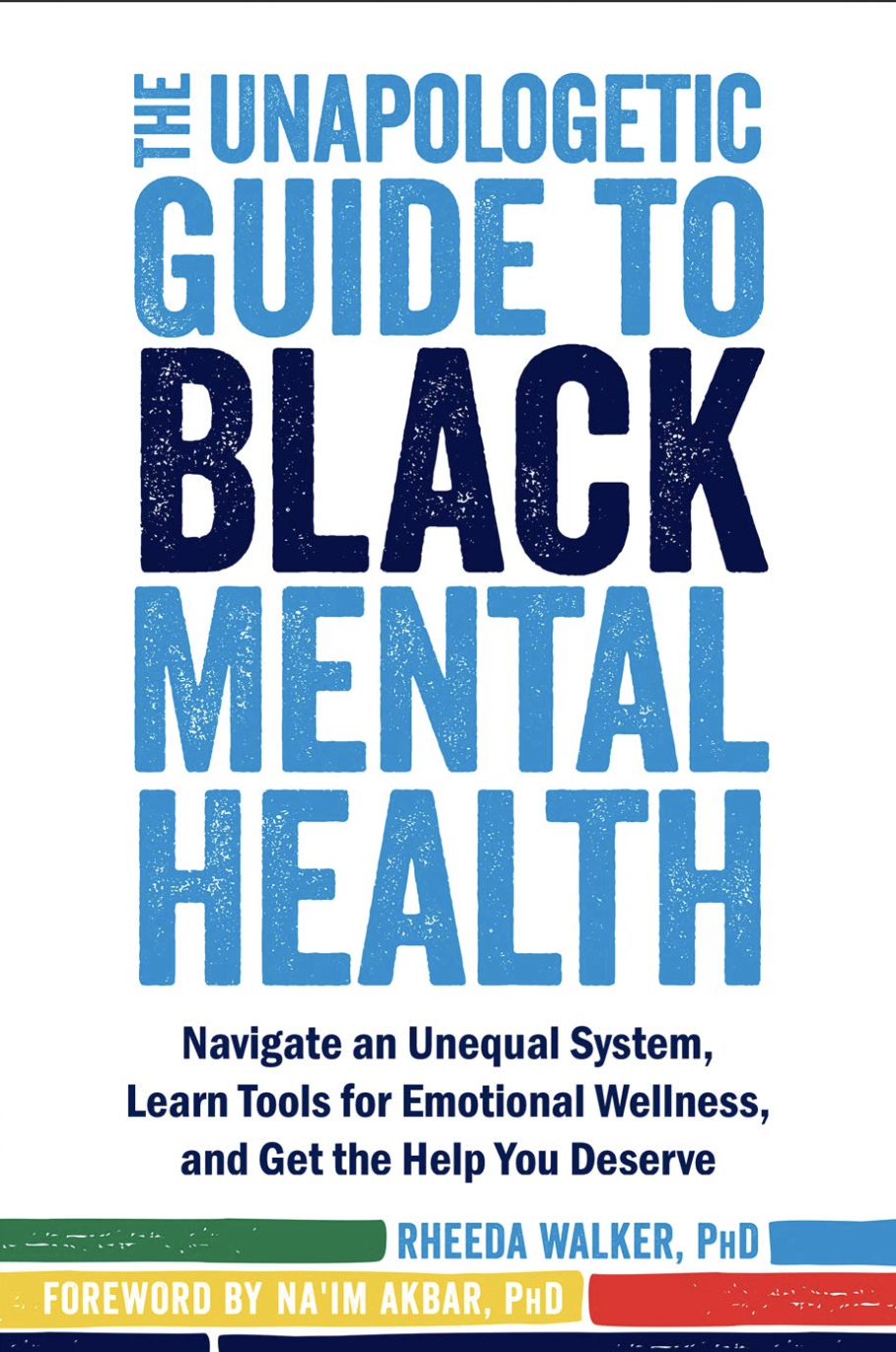
Psychologist and African American mental health expert, Rheeda Walker, Ph.D., offers important information on the mental health crisis in the Black community, how to combat stigma, spot potential mental illness, how to practice emotional wellness, and how to get the best care possible in a system steeped in racial bias. The Unapologetic Guide to Black Mental Health | Rheeda Walker, Ph.D. | New Harbinger Publications | 2020 | 232 pages | ISBN: 978-1684034147
Graphic Medicine
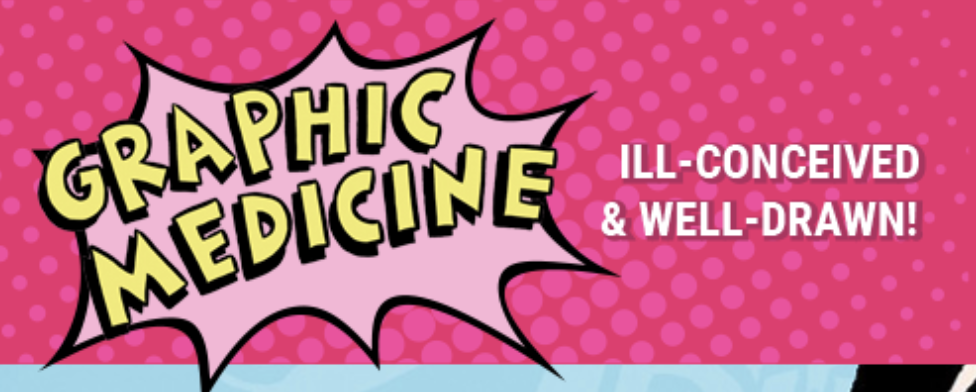
Ian Williams, M.D. coined the term Graphic Medicine for the website https://www.graphicmedicine.org. Graphic Medicine refers to the use of graphic novels, comics, and visual storytelling in medical education, patient care, and other applications related to healthcare and the life sciences. Just as there are many genres of books and films, there are many genres of comics and graphic novels. They may be fiction or nonfiction. They may be funny, sad, informative, or provocative. The illustrations may be elaborate while others are simple. However, they all use visual storytelling to connect with the reader. For programming ideas, use the National Library of Medicine Traveling Exhibit and educational website, Graphic Medicine: Ill-Conceived and Well-Drawn! as well as Graphic Medicine & Health: Storytelling in support of the NNLM NER Graphic Medicine Initiative.
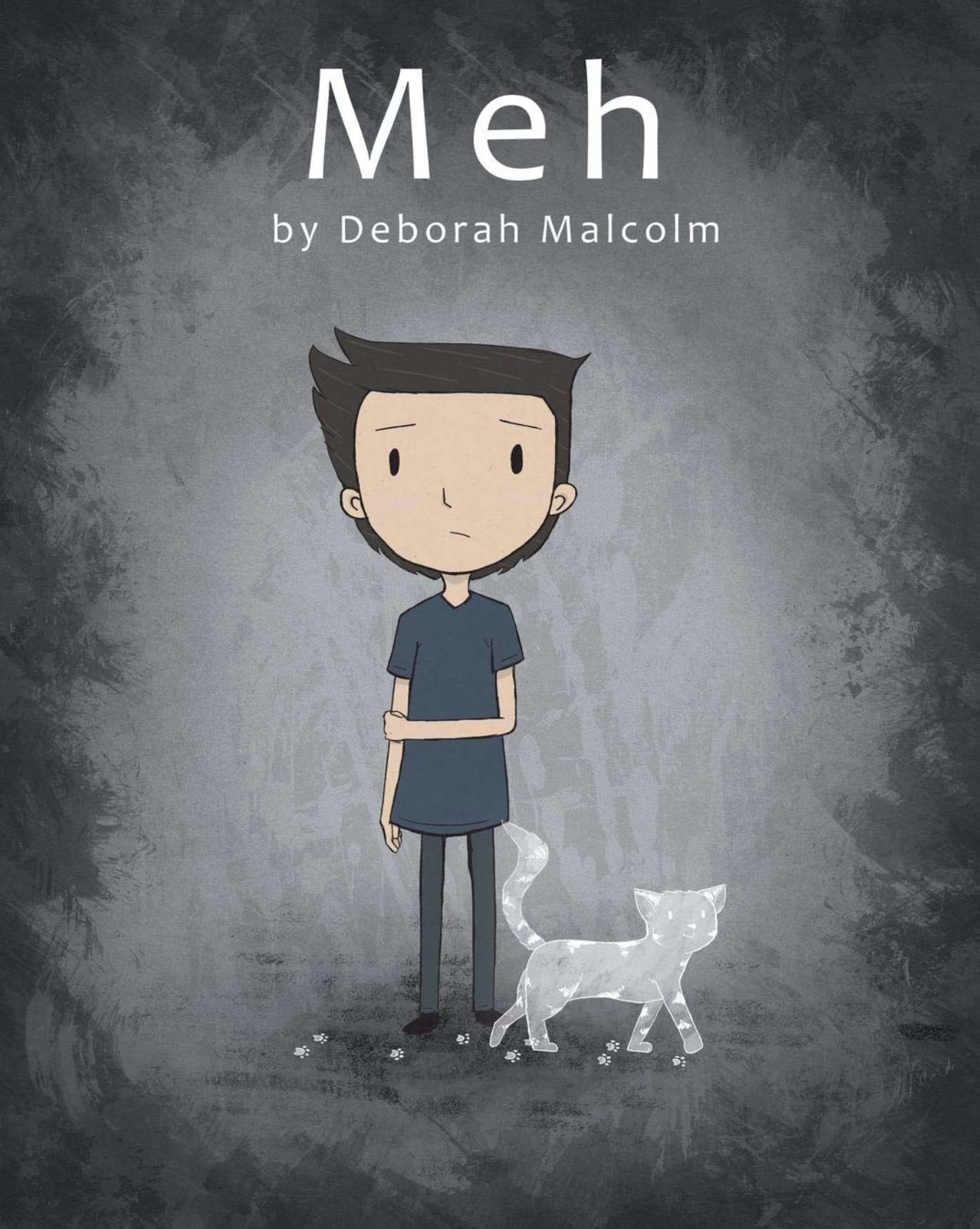 Picture Book
Picture Book
Sadness is an emotion that everyone feels at some time or another. But sometimes you might feel a sadness so long and so deep and dark that it seems impossible to find happiness. That kind of sadness is called depression. Meh is a wordless picture book about one boy's journey through depression. Discussion questions at the back of the book are intended for parents or teachers to discuss depression with children. Meh: a story about depression | Deborah Malcolm | Thunderstone Books | 2015 | ISBN: 978-153411003
Skills Training
Caring for the Mind is an NNLM online course for library staff to learn how to effectively provide mental health information at their libraries. Participants learn about the best electronic resources to consult as well as ways to improve their print collections. Best approaches for handling interactions with emotional patrons are also discussed.
- Printer-friendly handout (8.5"X11") Mental Health Support for Public Library Staff
- Printer-friendly handout (8.5"X11") Caring for the Mind: Mental Health Resources for Library Patrons
Mental Health First Aid is an 8-hour course that gives people the skills to help someone who is developing a mental health problem or experiencing a mental health crisis. The evidence behind the program demonstrates that it does build mental health literacy, helping the public identify, understand, and respond to signs of mental illness. Find a Mental Health First Aid course near you using the search tool.
Featured Books

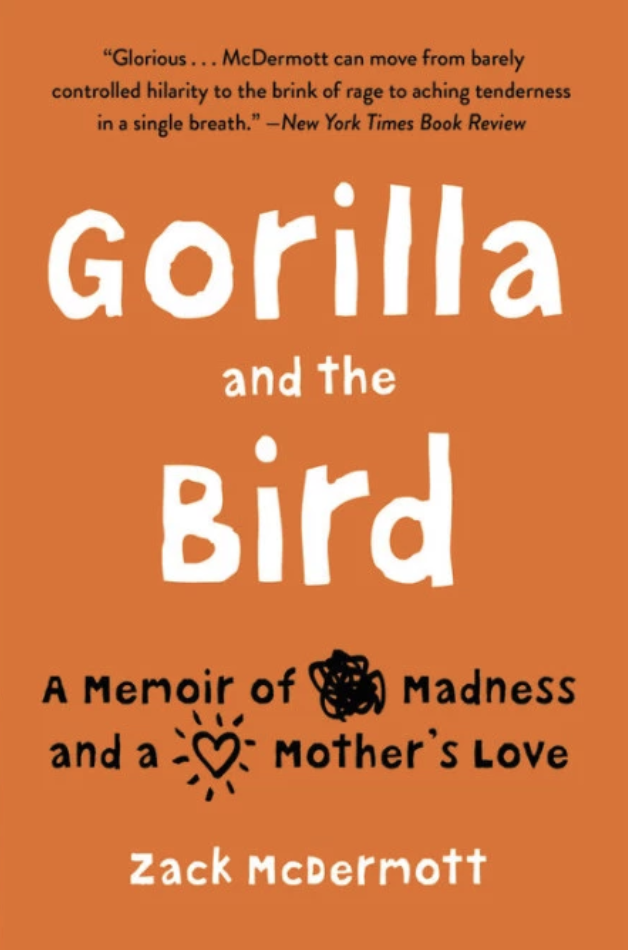
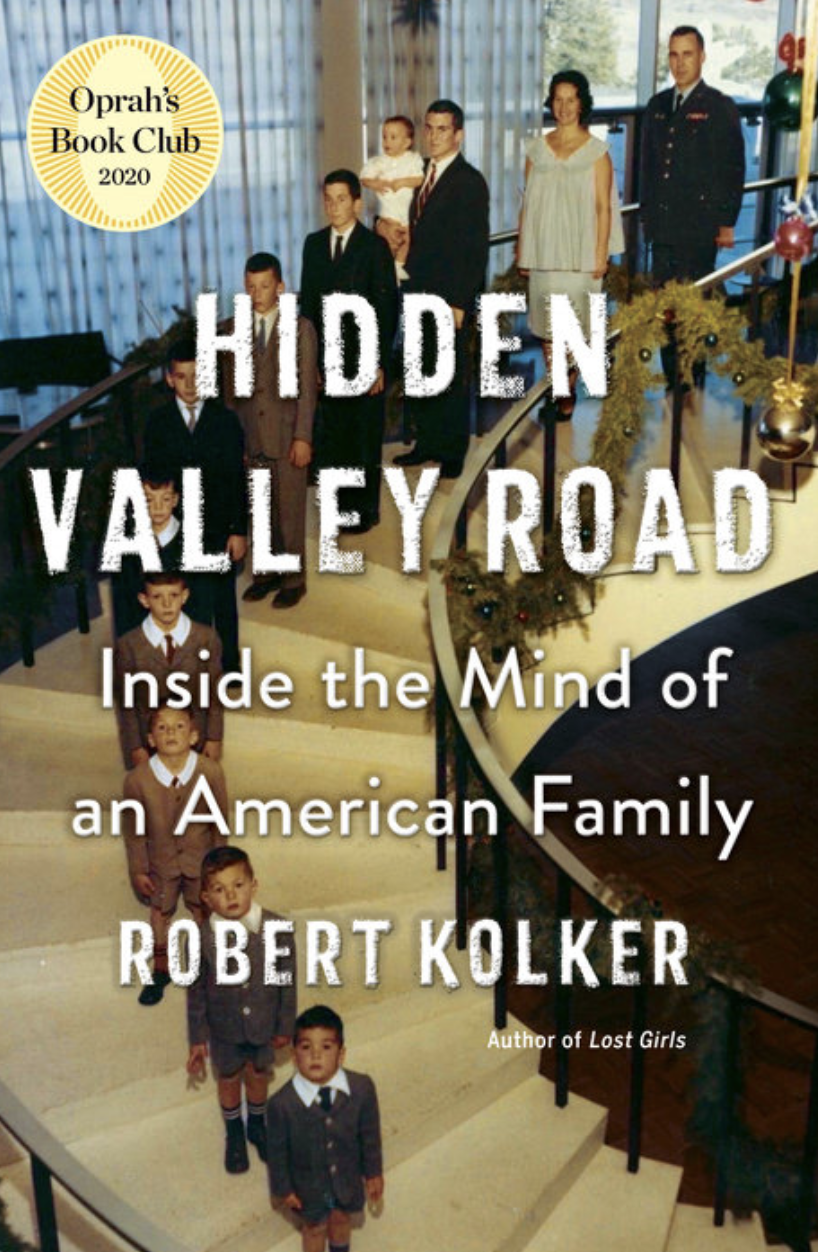
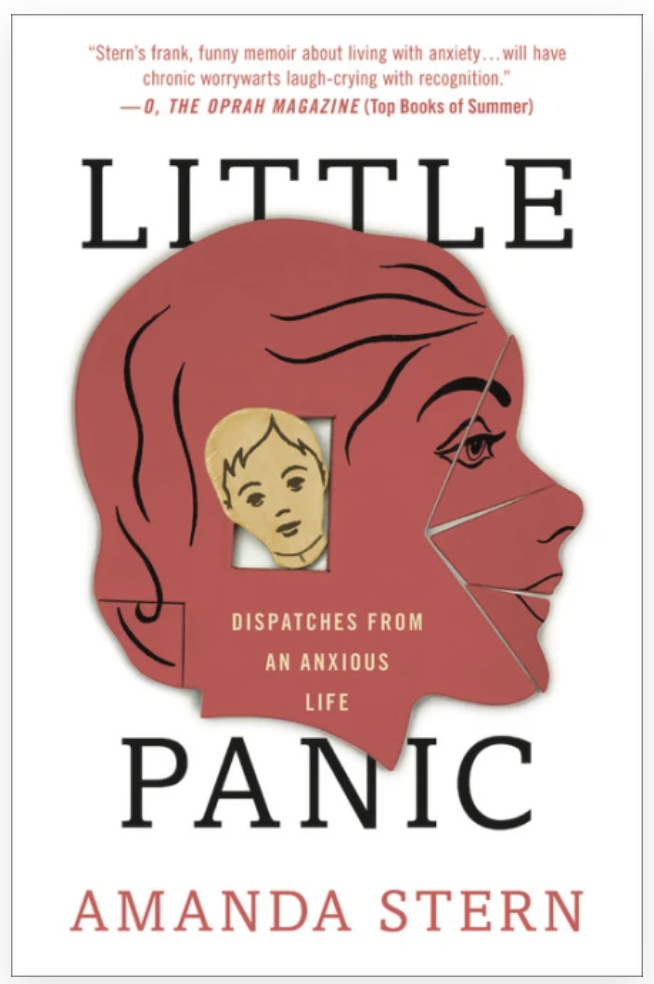
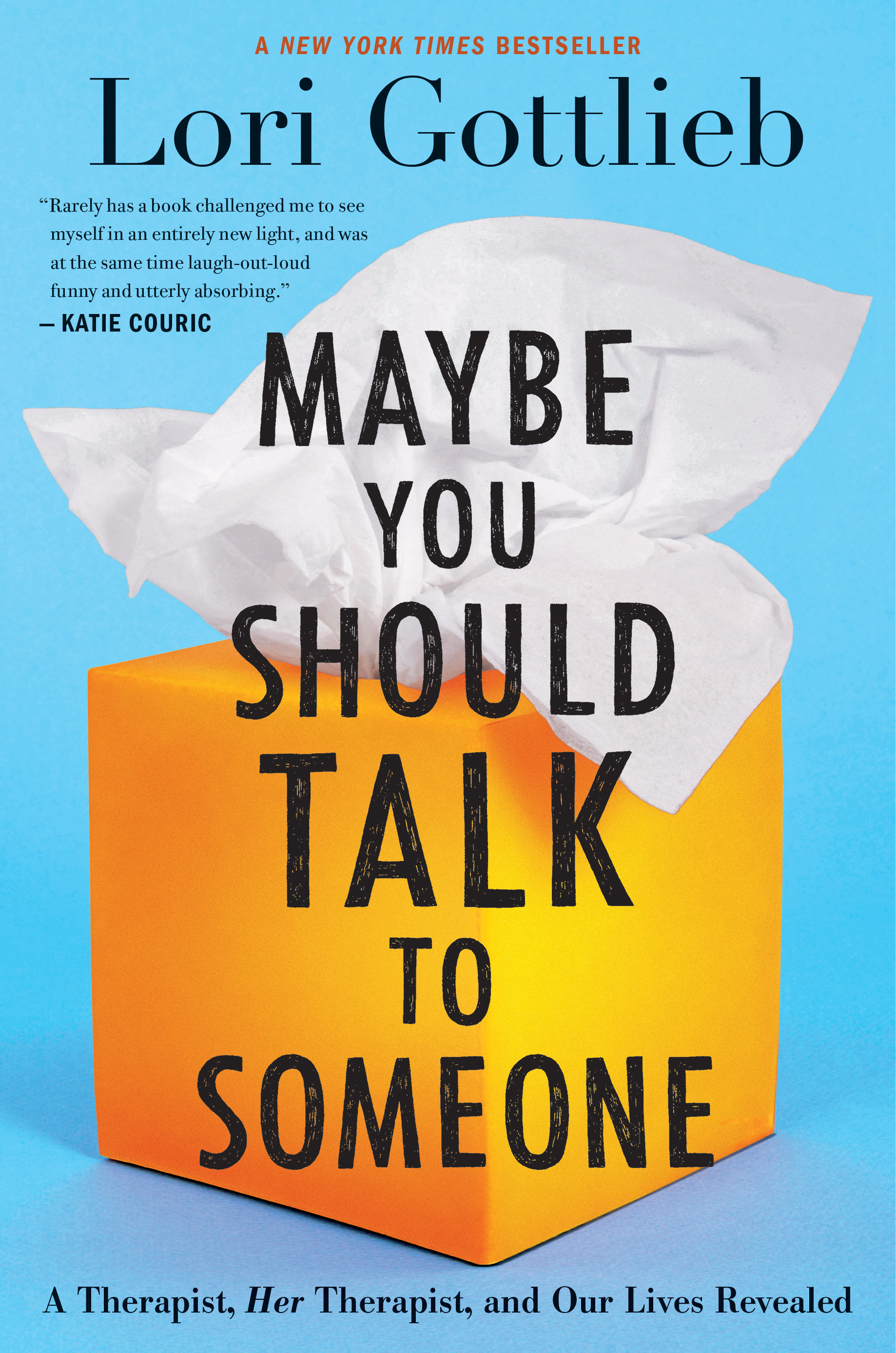
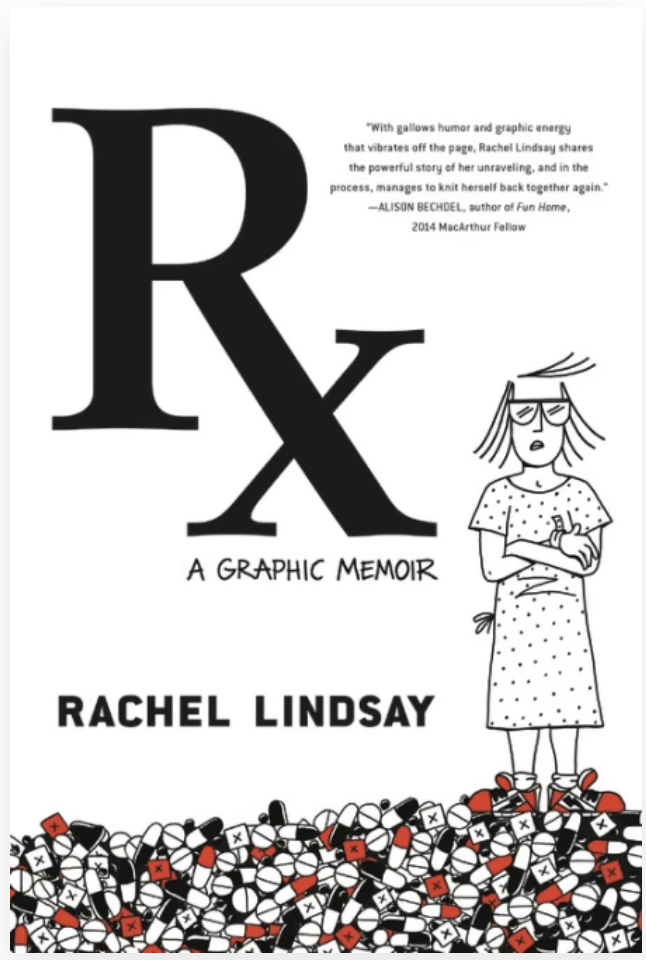
Terms of use: Network of the National Library of Medicine (NNLM) staff offer these health discussion resources for educational use. The materials included do not necessarily reflect the views or opinions of the author, publisher, or the sponsoring agencies of the National Library of Medicine (NLM) and the National Institutes of Health (NIH).

